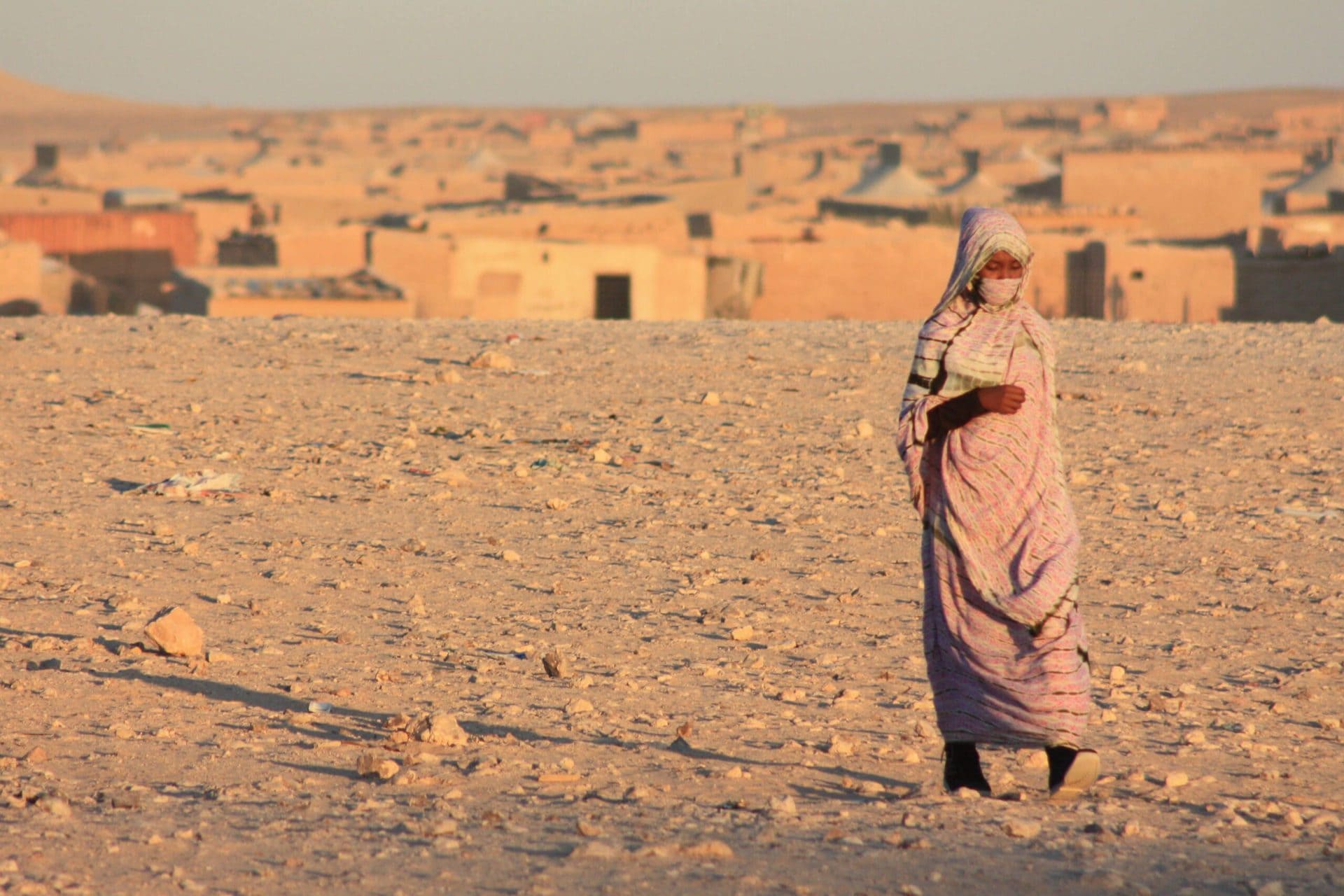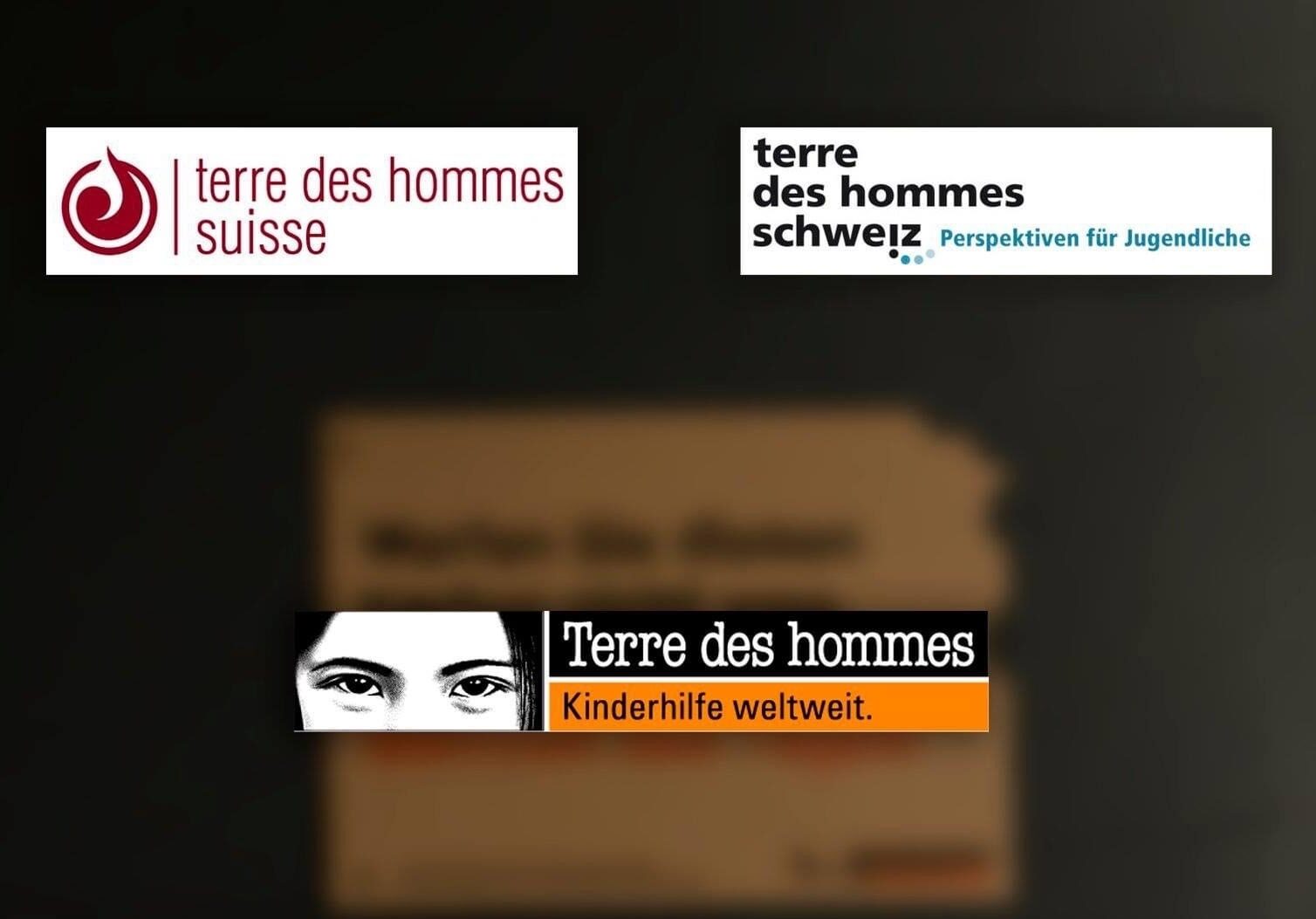The Saharawis have achieved a partial success in the fight against illegal resource extraction. Never before has so little phosphate been exported from the Moroccan-occupied Western Sahara, reports Western Sahara Resource Watch. More and more companies are shunning the export good. The situation would be even better if a Swiss company didn’t step into the breach.
Last year, 19 shiploads with a total of around one million tons of phosphate left Western Sahara. This means that the export volume has shrunk by 0.8 million tons compared to the annual average of the last six years. This is according to the latest “P for Plunder” report by Western Sahara Resource Watch (WSRW), in which terre des hommes schweiz was also involved. The organization monitors the exploitation of resources in the West African region occupied by Morocco. According to the UN, the exploitation of resources against the will of the Sahrawi people is against international law.
Switzerland makes no contribution
The decline in phosphate exports is mainly due to the halt in imports to the USA and Canada. The Nutrien Group gave in to the great pressure against its ethically and legally questionable business in the Western Sahara. Nutrien thus joins the ranks of various companies that have stopped trading in the conflict mineral since 2011. According to research by WSRW, 15 companies worldwide exported the conflict phosphate from Western Sahara at that time. Today there are still six to seven. The conflict phosphate goes to India, New Zealand, China and Brazil.
Unfortunately, Switzerland cannot boast of having contributed to the decline. Last November, the Lugano-based logistics company Nova Marine Carriers SA transported an estimated 54,400 tons of phosphate from the port of El Aaiun in occupied Western Sahara to Paradip in India on the ship Siders Tis. Nova Marine Carriers SA is not the only Swiss company involved in the illegal phosphate trade from Western Sahara. The Swiss LafargeHolcim Group maintains close business relations there with the Moroccan royal family: both own half of LafargeHolcim Maroc, which built the phosphate plant in El Aaiun. terre des hommes schweiz follows the activities of Swiss companies in Western Sahara.
More profit than aid
Despite the decline, the profit from phosphate exports for the occupying power Morocco still amounts to 90 million US dollars. This amount stands in stark contrast to the total of 37 million US dollars in aid that Algeria received from the UN refugee organization (UNHCR) last year. The Sahrawi refugee camps in western Algeria also depend on this pot. The displaced people are now living there for the third generation. terre des hommes schweiz runs projects in the refugee camps to support young people growing up.
The role of importing countries and companies in the forgotten conflict in Western Sahara is repeatedly the subject of international criticism. Morocco has occupied part of Western Sahara since 1975, although no state in the world recognizes Morocco’s territorial claims. The legal basis is clear: the exploitation of resources in a non-self-governed territory, such as Western Sahara, is a violation of international law if it takes place against the will of the people concerned. The Saharawi people have repeatedly spoken out explicitly against resource exploitation and against the activities of Moroccan and other foreign companies in occupied Western Sahara in general.
Dossier on resource extraction in Western Sahara
Resource exploitation in Western Sahara, background and Swiss companies (PDF)
P for Plunder 2019 – Summary in German (PDF)



